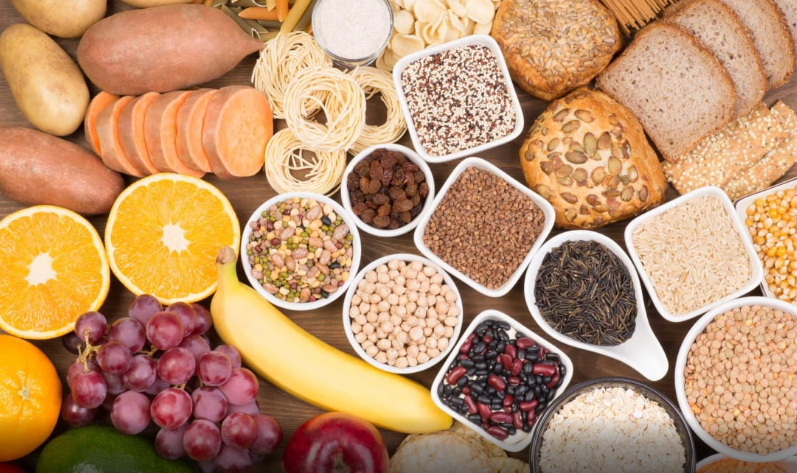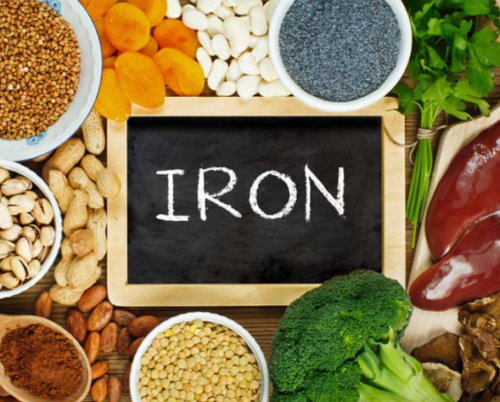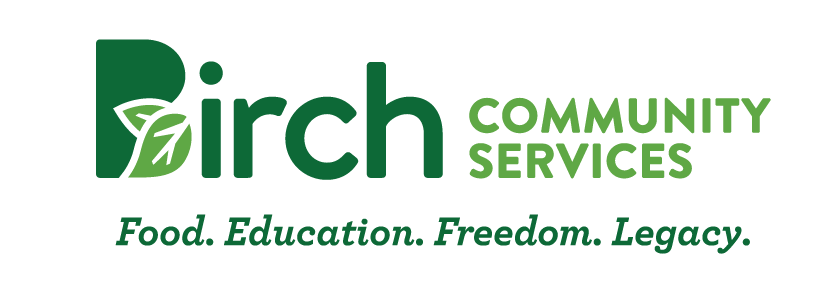What is Postpartum Depression, and how does it compare to the Baby Blues?
The Baby Blues are experienced by 70-80% of postpartum mothers. Postpartum Depression (PPD) is more severe, longer-lasting, and experienced by 15% of postpartum mothers — that’s 1 out of every 7 mothers! It can be experienced by first-time mothers and baby-raising veterans alike. Learn more about PPD here.

This post will focus on nutritional support for mothers experiencing or at risk for PPD, but it’s important to note that PPD is also experienced by fathers or other parents who are not primary caregivers. If you think you may be experiencing PPD, it’s important to talk to your doctor or therapist. There are a lot of ways to support your mental health after giving birth, and, as with many things, nutrition can be one of the tools in your toolbox.
Nutritional Support for Maternal Postpartum Depression


- Do your best to eat enough. It’s important to make sure you are getting enough calories after giving birth to support your body’s healing and your mental wellness. Emphasizing nutrient density can help you make sure you’re eating foods that will not only sustain you but also support your mental health. Consider asking for support from a partner, friend, or family member if you’re having trouble making and eating enough food for both you and baby.
- Your postpartum body needs more protein than usual. Make sure you’re having protein with every meal or snack. This doesn’t just mean meats and eggs! Legumes like beans, peas, and peanuts are full of protein and fiber, and full fat dairy is a great source of protein and fat.
- When it comes to carbohydrates, focus on minimally-refined sources. Aim to consume more complex carbohydrates like whole grains, legumes, and vegetables. When you eat simple carbohydrates like fruit, flour, pasta, or sweeteners, make sure to pair them with some fat and protein to keep your blood sugar stable and reduce inflammation.


- Balance your intake of essential fatty acids. By eating foods with higher levels of omega-3s, you can help your body decrease levels of inflammation. Some examples of these foods include nuts, seeds, fish, shellfish, pasture-raised meats and eggs, and seaweed. If some of these foods aren’t realistic for you, consider a high-quality fish oil supplement that has been tested for purity and protected from going rancid.
- Vitamins and minerals. Eat a variety of vegetables and fruits, and also consider taking supplements to support your needs with the input of a nutritionist and/or doctor. Folate is still important after birth for mood stability and depression, and can be found in green leafy vegetables, legumes, and fish. Trace minerals like iron and zinc also play a big role in your health postpartum! Iron deficient moms are more than twice as likely to develop PPD. Zinc helps your neurotransmitters function optimally, supporting your mental health.


